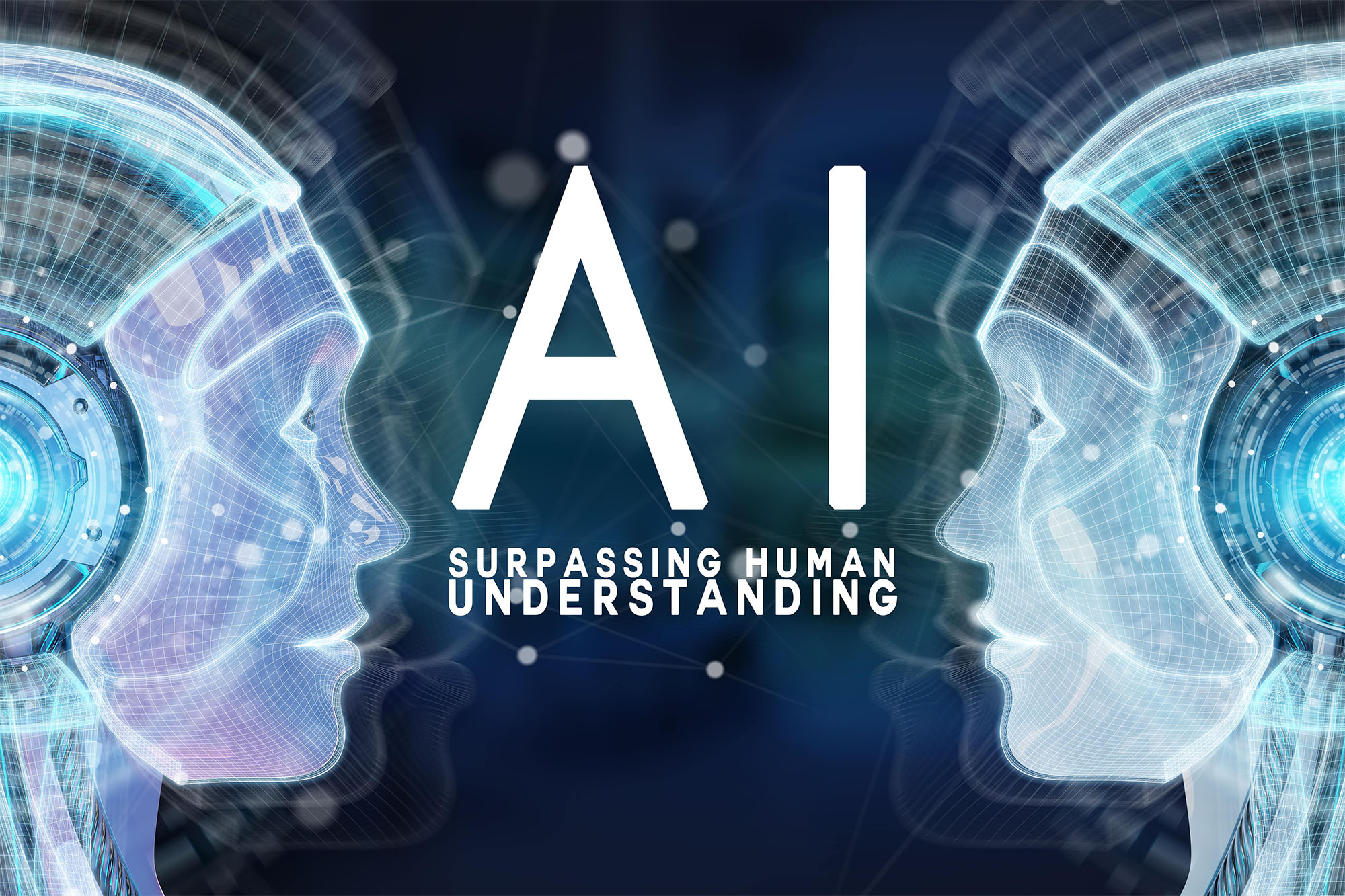By Kelechi Anyanwu
The question of whether artificial intelligence would change the world and our lives has since been answered; the worry is that nobody seems to know the full implications of the coming change.
According to Goldman Sachs, AI adoption could boost productivity growth by 1.5 percentage points per year over a 10-year period and raise global GDP by 7 percent ($7 trillion in additional output).
Artificial intelligence is already boosting performance in many areas ranging from healthcare, finance, education, and transportation, and it has the potential to bring significant benefits to society.
But like any other technological leap in history, it has the capacity to upend human civilisation, thus the need for well-thought-out considerations of the pros and cons.
Expectedly, artificial intelligence is making great contributions to the improvement of healthcare in the diagnosis and treatment of diseases and ailments. In education, it can help to personalise learning experiences for students. Another area it has had tremendous impact is in transportation, where AI has been deployed to manage traffic, predict congestion, and power self-driving vehicles.
In finance, AI algorithms can analyse massive amounts of data, which can help with stock trading and investment fund management. It can be effectively deployed to process vast amounts of data quickly and accurately, enabling faster decision-making. AI is also useful in security matters, leveraging facial, pattern, and object recognition algorithms.
Proponents of AI in workplaces are of the view that contrary to concerns that it would take jobs away from people, thus making them redundant, AI can replace tedious or dangerous tasks, freeing up the human workforce to focus on tasks requiring creativity and empathy. AI can improve efficacy, profitability, and efficiency in business enterprises.
However, there is need for caution on the wholesome adoption of AI. This is because it raises lots of ethical concerns in many aspects.
There is no guarantee that, on its current path, AI will generate more jobs than it destroys. However, if we can redirect AI onto a more human-complementary path while using it to address pressing social problems, everyone can benefit.


